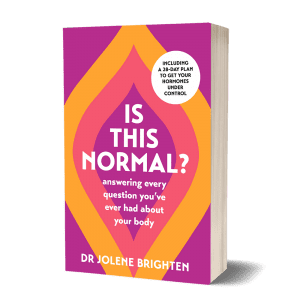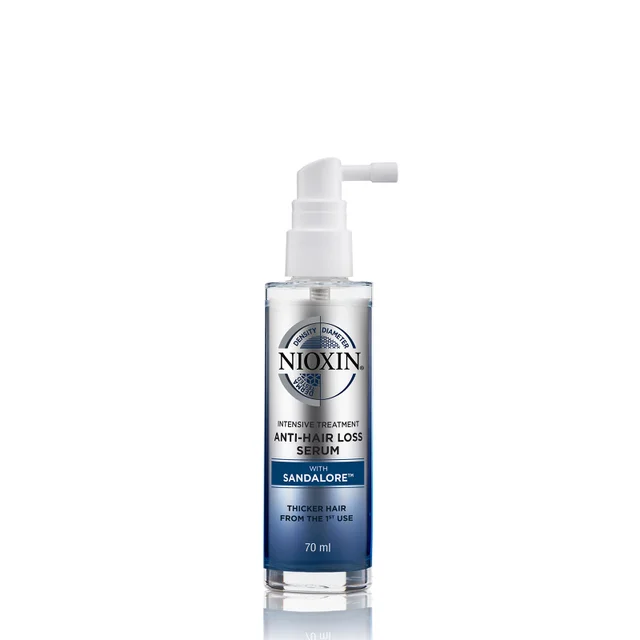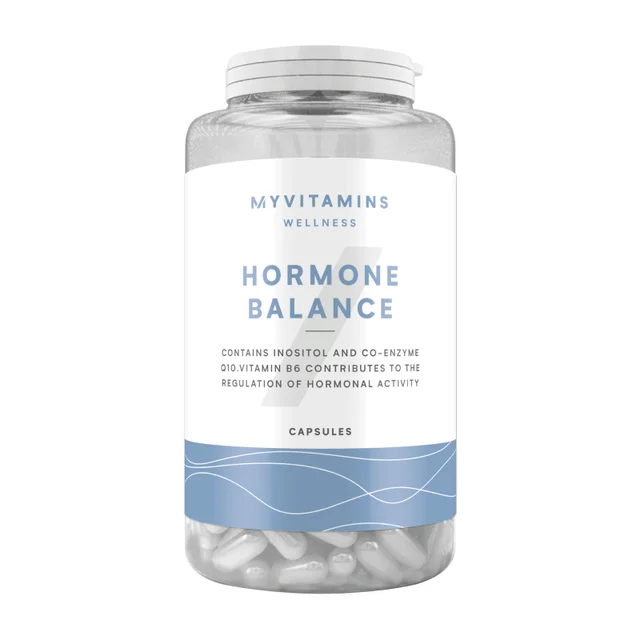10 signs that your hormones may be off balance, according to an expert

Heavily influencing a lot of our daily bodily functions, hormones have the ability to affect everything from our sleep to our mood and even our metabolisms. With most women of reproductive age experiencing the monthly rise and fall of hormones that makes up the menstrual cycle, unbalanced hormone levels can cause variety of uncomfortable and sometimes medical symptoms.
We spoke to Dr Brighten, board certified naturopathic endocrinologist, clinical sexologist and author of 'Is This Normal', on how to tell whether your hormones need some help.

Female hormones throughout the month
According to Dr Brighten, estrogen, progesterone, and testosterone are the key reproductive hormones in females that "directly play a role in our cycle". "Estrogen is present throughout the month and is responsible for aiding ovulation and the building of the endometrium, lining of the uterus. Progesterone only rises following ovulation and is the main hormone of the luteal phase" explains Dr Brighten.
What causes hormonal imbalance in females?
"There are many factors that can contribute to symptoms of hormone imbalance" clarifies Dr Brighten. "Lifestyle factors like eating a diet high in refined carbohydrates and omega-6 fatty acids, while not engaging in regular activity, can result in insulin dysregulation. Other conditions are hereditary, yet respond well to nutrition and lifestyle therapies, like PCOS or hypothyroidism" she expands.
Dr Brighten highlights common conditions that can cause an imbalance in female hormones: Polycystic Ovary Syndrome (PCOS), Endometriosis and Menopause, which often come with identifiable symptoms of their own:
Symptoms of Endometriosis: "Marked period pain and difficulty getting pregnant can be signs of endometriosis."
Symptoms of PCOS: "PCOS symptoms can present as irregular periods, unwanted hair growth on the face or body, and hair loss on the head."
Symptoms of menopause: "In menopause, low estrogen can present as brain fog, depression, visibly aging skin, and joint pain."
10 signs of hormonal imbalance in females
As outlined in her book, 'Is This Normal', Dr Brighten identifies the following symptoms that can point to a hormonal imbalance, as well as the underlying medical conditions that these symptoms may be a sign of:
Cold intolerance - which may be a sign of hypothyroidism Fatigue - which may be a sign of hypothyroidism or adrenal dysfunction Irregular periods - which may be a sign of PCOS (Polycystic Ovary Syndrome) or hypothyroidism Frequent periods - which may be a sign of low progesterone Hair loss/thinning hair - which may be a sign of elevated androgens, hypothyroidism or PCOS Anxiety - which may be a sign of low progesterone or adrenal dysfunction Depression - which may be a sign of hypothyroidism Irritability prior to period - which may be a sign of imbalance of estrogen and progesterone Darkened, velvety skin on neck, folds of arms or legs - which may be a sign of insulin imbalance Difficulty sleeping prior to period - which may be a sign of low progesterone
When to seek medical advice about hormones
Dr Brighten advises seeking advice from a medical professional, "if your hormone symptoms concern you or are interfering with your daily life."
How to support healthy hormones
Also outlined in her 28 day plan in 'Is This Normal', Dr Brighten credits some lifestyle changes that can be made to support hormones in women. "Several things that are universally helpful is including 25 grams of fibre into your daily meals, aiming for 30 minutes of physical activity daily, and ensuring you’re drinking enough water" she recommends. "Exposing yourself to sunlight when you wake and creating a dark space to sleep can help you optimise your cortisol levels and circadian rhythm, while also ensuring restful sleep" adds Dr Brighten. She also suggests trying herbs such as chaste tree berry which "can help support progesterone levels, while calcium, magnesium, and vitamin B6 can help with symptoms of PMS".

Working with brands at LOOKFANTASTIC for over two years I have developed my knowledge of all things beauty from key skincare concerns to niche makeup tricks and haircare hacks. I have a major passion for finding effective solutions that are easily accessible to everyone so that we can all achieve our best, glowing complexion.















